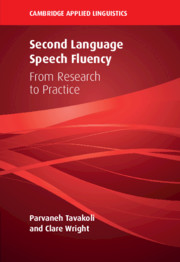To examine how task demands influence bilingual advantage in executive control over monolinguals, we tested 32 Chinese monolinguals and 32 Chinese–English bilinguals with four versions of a color-shape switching task. During switching trials, the task required participants to suppress one set of conflicting (or non-conflicting) responses and simultaneously to activate another set of conflicting (or non-conflicting) responses. The results showed that compared to monolinguals, (i) when suppressing conflicting responses or (ii) activating non-conflicting responses, bilinguals had significantly smaller switching costs though similar mixing costs; (iii) when suppressing one set of conflicting responses and simultaneously activating another set of conflicting responses, bilinguals had significantly smaller switching costs though larger mixing costs; and (iv) when suppressing one set of non-conflicting responses and simultaneously activating another set of non-conflicting responses, bilinguals had similar switching costs and mixing costs. These findings indicate that task demands affect bilingual advantage in executive control.


